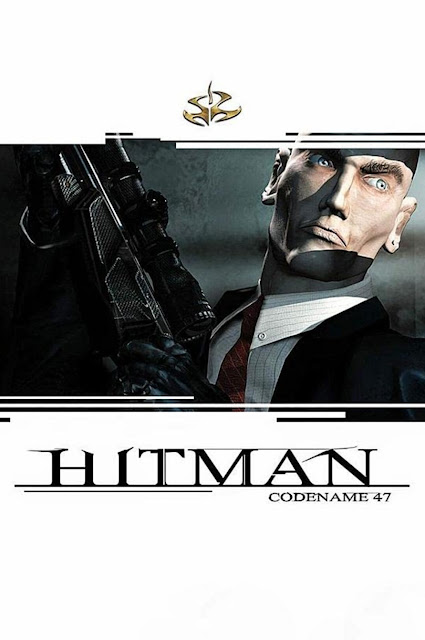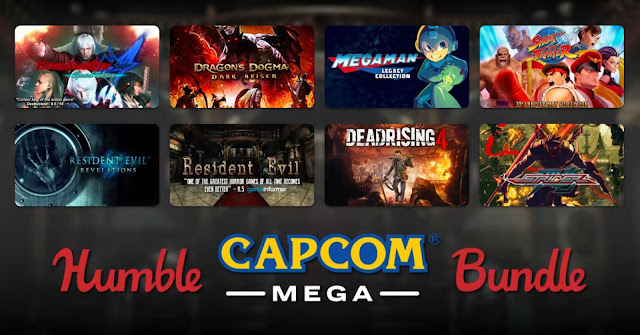In Hitman: Codename 47 you take on the role of a the mysterious "47" who apparently wakes up in a medical facility/prison and is for some reason trained to use weapons (in the story-driven tutorial). He escapes his imprisonment and is shortly contacted by "The Agency", an shadowy organization who offer him jobs as an assassin. Basically 47 gets contracts and he must use stealth, subterfuge and disguise to take out his mark.
Having been a Recon Marine and after playing Assassin's Creed, Splinter Cell and favouring the stealth options in Metal Gear Solid V, I do like and appreciate the stealth approach as it's "not the norm" in the videogame world. From what little I knew of Hitman (ignoring the movies, especially the second one) I expected a rewarding experience on that front, and I got one, but only to an extent.
Hitman: Codename 47 is a 23 year old old game and has not aged well. As I hadn't played it before there was sadly no feeling of nostalgia to prop it up as there is with games I played and loved from that time such as Max Payne. The time for this game passed a long time ago. The graphics were as expected for a game of this era, a little batter than Quake II and perhaps more on par with games using the first Unreal engine. The interface and mechanics of the game however are atrocious and don't scale well to modern resolutions. On 4K it's near-impossible to read menus and the experience isn't that much better on 1440p.
The technical issues aside it's just basically not a great experience, the difficulty is too high, win conditions are too specific and the save system is unforgiving. The same things seem to not only annoy me, but apparently recent players and even did back in the day as well. People who have played later Hitman games can't play this again because this game doesn't have the quality of life fixes that the sequel and later games in the series implemented and so this is considered broken by many. Average game time suggests 12 hours, which is about an hour a level but after 3 levels in 5 hours I had to call it a day.
It's not all bad. It was one of the first games with rag-doll physics and created at a time when 3D engines were sill in their infancy. The concept and the atmosphere are sound and grew from the ideas observed in Hong Kong action movies which obviously developed from that simple premise into the mopre complex one shipped. Jespyr Kyd (who would later score Splinter Cell: Chaos Theory and Assassin's Creed for Ubisoft) produced a score was ahead of it's time and used urban soundscapes and ethnic instrumentation to deliver a score that I heard on the internet and actually imported a CD of back in 2005.
Final Verdict: Meh! I paid €1.59 last year to get this game so not going to complain it was a dud too loudly. This was the game that launched a franchise despite selling just 500,000 copies. I know from reviews and word of mouth that the sequel Hitman 2: Silent Assassin mostly corrected the gameplay elements, so nice to have a baseline now to compare. Additionally, as only 10% of Silent Assassin players actually played Codename 47, Codename 47 was largely remade into a third game Hitman: Contracts so all is not truly lost. Hitman: Codename 47's time is done but my adventure with the franchise has yet to truly begin.
Technicals: Played for 4.7 hours on Win 11 @ 4K, 1440p and 3440x1440 resolutions. Graphics options are minimal.
Bugs: No technical bugs but HUD doesn't scale well to modern resolutions.
Purchase Options: Available on Steam for €7.99 or GOG for €5.99. Review copy purchased for Steam from Humble Bundle for €1.59 in January 2022.
Franchise [PC only]
- Hitman: Codename 47 [2000]
- Hitman 2: Silent Assassin [2002]
- Hitman: Contracts [2004]
- Hitman: Blood Money [2006]
- Hitman: Absolution [2012]
- Hitman [2016]
- Hitman 2 [2018]
- Hitman 3 [2021]
- Hitman: World of Assassination [2023]











